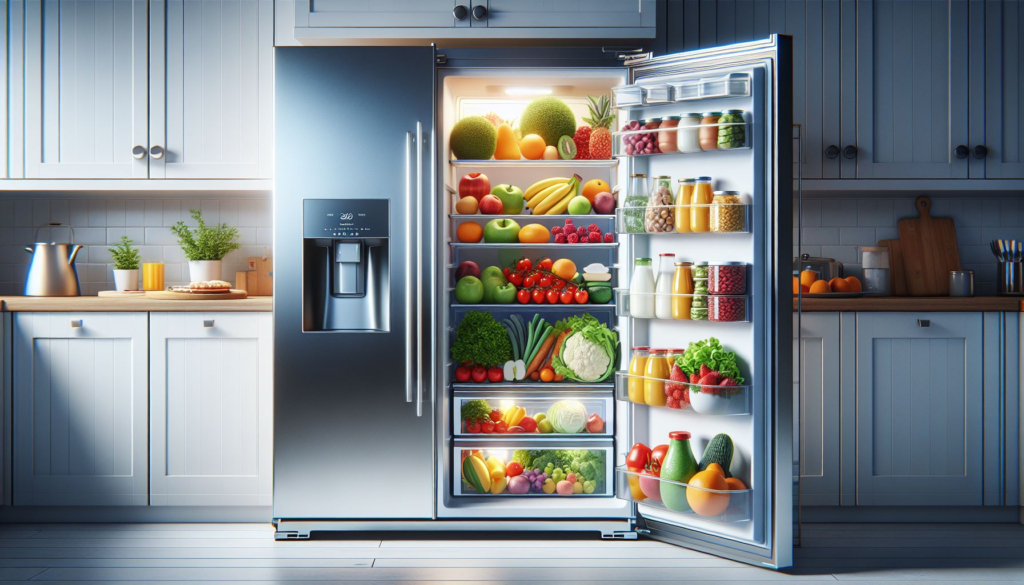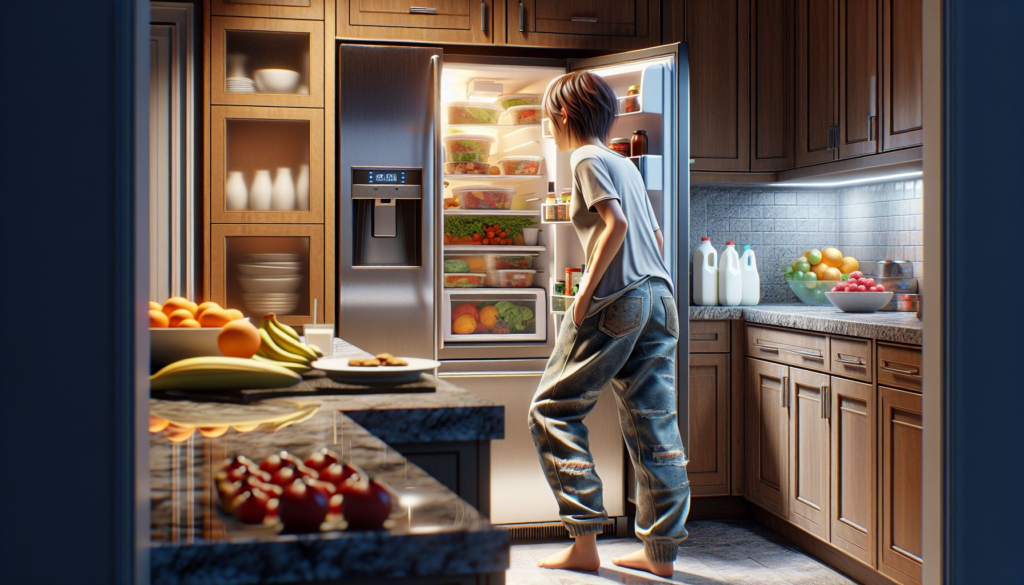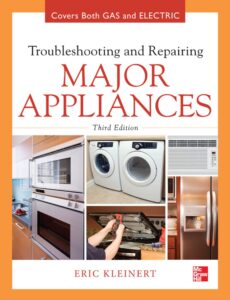Refrigerator Repair Secrets: Temperatures, Risks, and When to Repair or Replace!
Refrigerator repair is essential in maintaining the indispensable role of refrigerators in modern homes, as they are key to preserving the freshness and safety of our food. Being aware of the correct temperatures, recognizing potential risks, and addressing repairs or replacements promptly are vital for the sustained performance and durability of your refrigerator. In this comprehensive guide, we delve into all aspects of refrigeration to help you maintain a healthy and efficient appliance.
Refrigerator Repair – Health Risks

Proper Temperatures:
Maintaining the correct temperature in your refrigerator is essential for preserving food freshness and safety. The ideal temperature range for a refrigerator is between 35°F (1.6°C) and 38°F (3.3°C). Temperatures above this range can lead to bacterial growth and food spoilage, while temperatures below can cause freezing and ruin certain food items.
Tips for Temperature Management:
- Regularly check the temperature inside your refrigerator with a thermometer.
- Place the thermometer in the warmest part of the refrigerator, usually near the front.
- Avoid overloading the refrigerator, as it can hinder proper airflow and temperature distribution.
- Ensure the refrigerator door seals are intact to prevent warm air from entering.
Risks Associated with Improper Refrigeration:
Failure to maintain proper refrigerator temperatures can pose several risks:
Food Spoilage: Perishable items such as meat, dairy, and fresh produce can spoil quickly at improper temperatures, leading to food waste and potential food-borne illnesses.
Bacterial Growth: Warmer temperatures create an ideal environment for bacteria to multiply, increasing the risk of food-borne illnesses such as Salmonella and E. coli.
Freezing: Temperatures that are too low can cause certain foods, such as fruits and vegetables, to freeze, resulting in texture changes and loss of quality.

Refrigerator Repair and Maintenance:
Regular maintenance and prompt repairs are crucial for keeping your refrigerator running efficiently. Common issues that may require repairs include:
Faulty Thermostat: A malfunctioning thermostat can lead to erratic temperature control. If you notice temperature fluctuations in your refrigerator, the thermostat may need to be calibrated or replaced.
Defective Door Seals: Damaged or worn door seals can allow warm air to enter the refrigerator, causing it to work harder to maintain the desired temperature. Replacing the seals can improve energy efficiency and temperature regulation.
Clogged Condenser Coils: Dust and debris can accumulate on the condenser coils, hindering heat dissipation and reducing the refrigerator’s efficiency. Cleaning the coils regularly can prevent this issue.
Malfunctioning Compressor: The compressor is the heart of the refrigerator’s cooling system. If you notice loud noises, excessive heat, or frequent cycling on and off, the compressor may be faulty and require professional repair or replacement.
Leaking Refrigerant: Refrigerant leaks can result in inefficient cooling and potential damage to the compressor. Should you have concerns about a potential refrigerant leak, it’s important to reach out to a certified technician for an assessment and necessary repairs.
For more help, check out this book by Eric Kleinert Troubleshooting and Repairing Major Appliances1

When to Replace Your Refrigerator:
While regular maintenance and repairs can prolong the lifespan of your refrigerator, there comes a time when replacement is necessary. Signs that indicate it may be time to replace your refrigerator include:
Age: Most refrigerators have a lifespan of 10 to 15 years. If your refrigerator is nearing or exceeding this age range, it may be more cost-effective to replace it rather than invest in costly repairs.
Frequent Repairs: If your refrigerator requires frequent repairs or experiences recurring issues, it may be a sign of underlying problems that warrant replacement.
Energy Efficiency: Energy efficiency is generally lower in older refrigerator models compared to the more modern ones.
Lack of Features: If your current refrigerator lacks modern features such as adjustable shelves, humidity-controlled drawers, or water/ice dispensers, you may want to consider upgrading to a newer model for added convenience and functionality.
In conclusion, proper temperature management, regular maintenance, and timely repairs are essential for ensuring the efficiency and longevity of your refrigerator. By following the guidelines outlined in this guide, you can keep your refrigerator running smoothly and protect your food from spoilage and contamination. And when the time comes, don’t hesitate to invest in a new refrigerator to enjoy improved energy efficiency and features that meet your needs.
For other home appliance maintenance information, check out our Guide to Washing Machine Repair and Maintenance
- Disclosure: This blog contains affiliate links. If you decide to make a purchase through these links, I’ll receive a commission at no extra expense to you ↩︎

